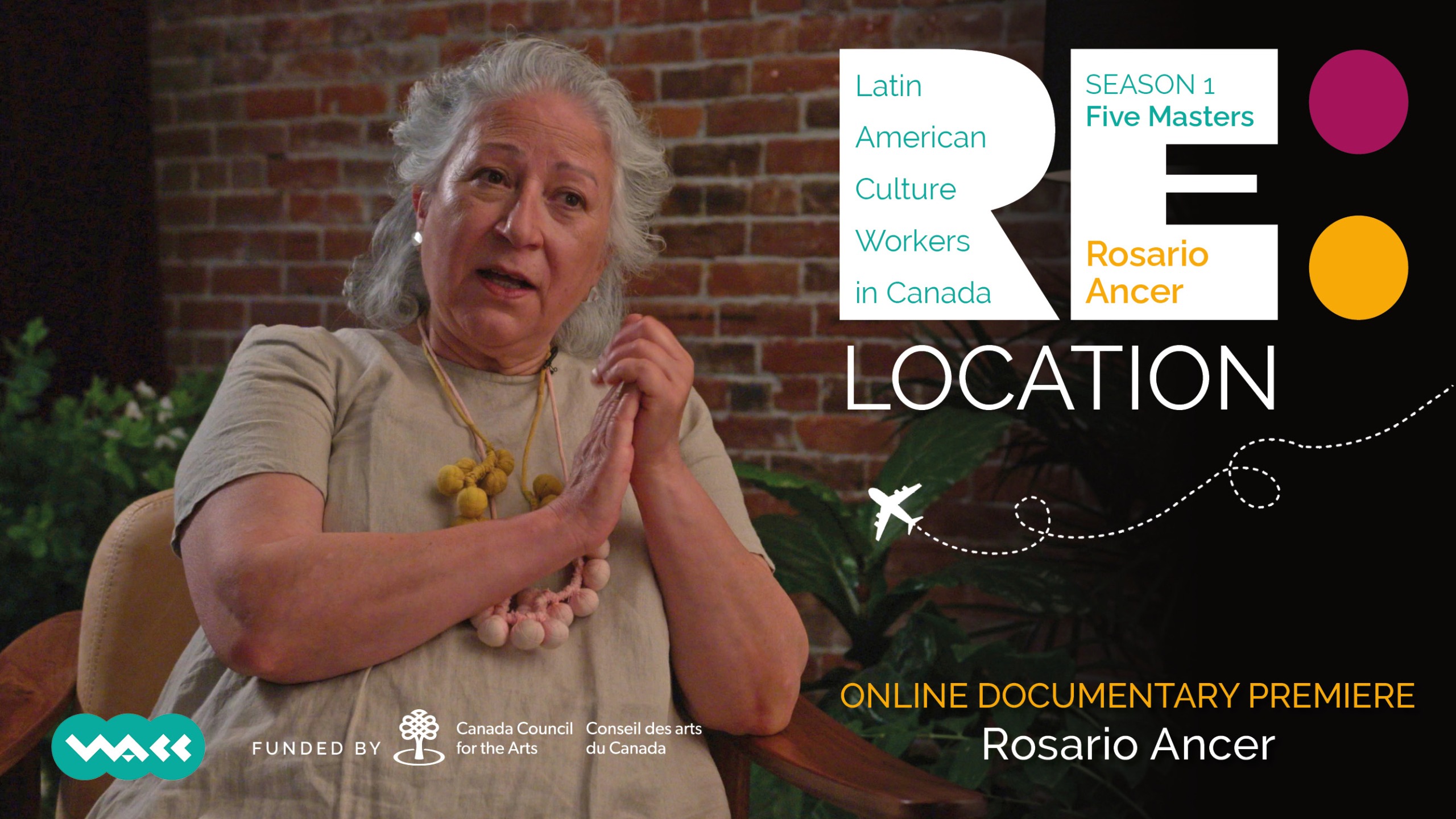Rosario Ancer
 I moved from the small town of my childhood, to the city of my teens, to the Spain of my dreams and then to Canada where I settled with my Vancouverite husband and artistic partner Victor Kolstee. I’m a Mexican artist who adopted a Spanish art form and practice in Canada.
I moved from the small town of my childhood, to the city of my teens, to the Spain of my dreams and then to Canada where I settled with my Vancouverite husband and artistic partner Victor Kolstee. I’m a Mexican artist who adopted a Spanish art form and practice in Canada.
At the heart of flamenco’s traditions and soul, is an openness to change and a cross-cultural dialogue, a way of interpreting and interacting with the world in which the form lives in, and this is at the core of its enduring popularity and continued relevance within a contemporary and multicultural society.
‘Compás” (compass) is the backbone of flamenco musical structure, it gives direction to its participants so they can communicate and understand the intricate music and rules. Flamenco has given direction and meaning to my life, it has shaped it, which has helped to fulfil my destiny.
Victor and I were living the dream of our lives when we met in Spain: empty pockets, hearts full of hope. We both experienced a strong flamenco call, at a time when flamenco wasn’t as popular as is now.
When we arrived to Vancouver, Canada, flamenco was perceived as a still art form, folklore not less. Was it flamenco, although alluring, misunderstood?
We made our mission to change that perception, through high-calibre performances, disseminating knowledge through workshops and lectures, and collaborating with national and international artists—a knowledgeable audience was created.
As an immigrant to Canada, I have experienced the power of dance to heal, communicate and engage when everything around me was new and unknown, including my inability to speak and understand the English language.
In Vancouver, I was geographically and spiritually far away from flamenco’s birthplace, so the search for my artistic voice and identity started.
My approach to interpreting flamenco became more personal and started creating works in accordance with what comes from inside me, as opposed to what audiences expect from a flamenco performance. I became a storyteller. When an artist creates with honesty, provides a window into her/his inner self, and this is immediately transmitted.
Today, flamenco in Canada is acknowledged and respected as a contemporary art form, but it wasn’t the case when we arrived.
Flamenco Rosario and the Vancouver International Flamenco Festival are a cultural symbol in our city, Canada and beyond, and is supported by the three levels of government. We are so thankful to our funders for their support and recognition, as well as our cultural partners, supporters, volunteers and audiences.
The journey has been hard and long, but throughout it:
I never doubted the power of flamenco to move, connect and engage.
After more than 30 years of creating original work for my company, mentoring a new generation of flamenco artists and presenting the best local, national and international artists at the Vancouver International Flamenco Festival along with workshops, forums and lectures, the feeling is that the art of flamenco is here to stay, situating itself as a contemporary art form.
In our work Mis Hermanas, Riveting Riffs said:
“Mis Hermanas is a beautiful story that teaches the uninformed a lot about Mexican culture, inspires all of us to pursue our dreams, and sheds light on what it is like to move to another country, and be able to say that you are proud of both your homeland and your new home.”
In our work The Four Powers, we tell the story of the four wind directions that help the cycle of life. We thought of these four winds as the presents that immigrants from the four corners of the world bring to Canada, in it the people from the south – Latinamericans – bring ‘Passion and the Quest of Freedom’ and its gift ‘Warmth and Growth’.
These are our contributions to our beloved adopted county: Canada.
Rosario Ancer
Artistic Director
www.flamencorosario.org
www.vancouverflamencofestival.org
Watch dancer Rosario Ancer’s professional journey during the fifth episode of Re:Location.

